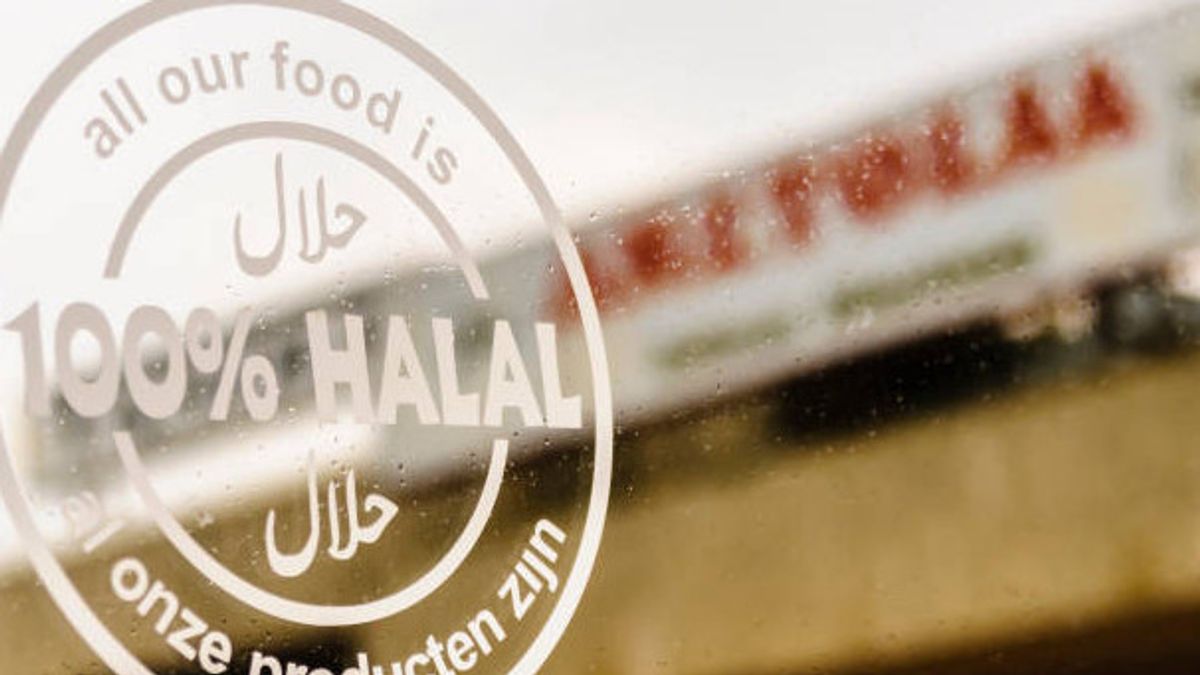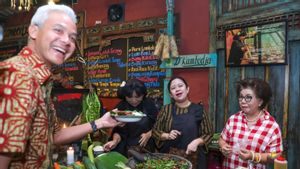JAKARTA - The virtual world has recently been shocked again by the behavior of a celebrity, Jovi Adhiguna, who brought pork skin crackers and eaten with meatballs at the A Fung restaurant. This of course triggers a polemic because A Fung is a meatball restaurant that has received a halal certificate from the Indonesian Ulema Council (MUI). The existence of pork skin crackers is of course Polluting food utensils in the restaurant which should be guaranteed halal for Muslims.
Actually, several restaurants with halal concepts in Indonesia have implemented the rules for not bringing food or drinks into restaurants. Moreover, what is not guaranteed is halal. However, there are still many consumers who do not heed this regulation.
The Director of the Institute for the Study of Food, Medicine, and Cosmetics of the Indonesian Ulema Council (LPPOM MUI) dr. Lukmanul Hakim, M Si, as reported by ANTARA, July 22, explained that when someone brings food that is not halal and consumes at a halal restaurant, this is not justified. Because the restaurant already has a halal certificate.
Restaurants that want to get halal certificates must go through various procedures that are not easy. There are many aspects that must be seriously considered, until finally a restaurant can get a halal certificate.
MUI halal certification is not merely judged from the menu. But also seen from the entire company, the food production process, to the way of presentation that does not damage the environment. That's why a restaurant is included in the category of halal-concept restaurants.
Not only a long process, this halal certificate also has a validity period. According to the official MUI website, the halal certificate is now valid for 4 years and must be extended approximately six months before the expiration of the validity period. This means that restaurants will again undergo audits with procedures that are not easy.
VOIR éGALEMENT:
For this reason, many restaurants that have received halal certificates generally prohibit visitors from bringing food or drinks from outside. It is feared that the food or drinks brought from outside the restaurant contain materials that are not halal. In addition, the prohibition was also made as a form of restaurant responsibility. In its commitment to present offerings that are truly halal according to the certification obtained.
So, for visitors or restaurant customers, you should obey the existing regulations. Especially for non-Muslims who bring non-halal food to halal restaurants in order to create mutual comfort.
The English, Chinese, Japanese, Arabic, and French versions are automatically generated by the AI. So there may still be inaccuracies in translating, please always see Indonesian as our main language. (system supported by DigitalSiber.id)













